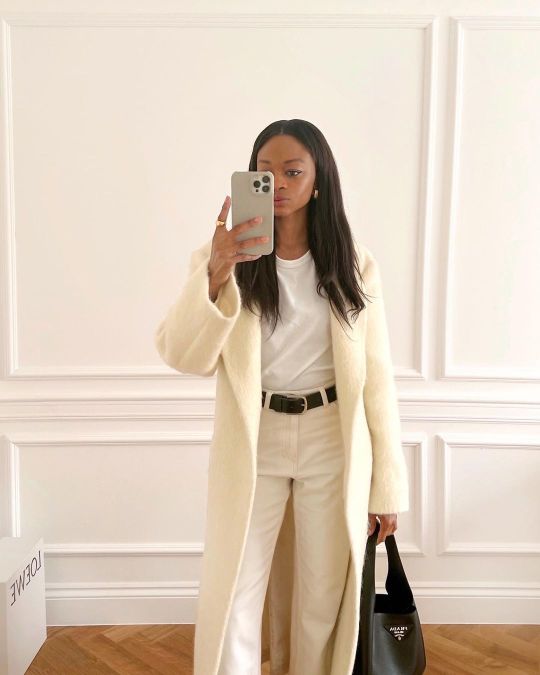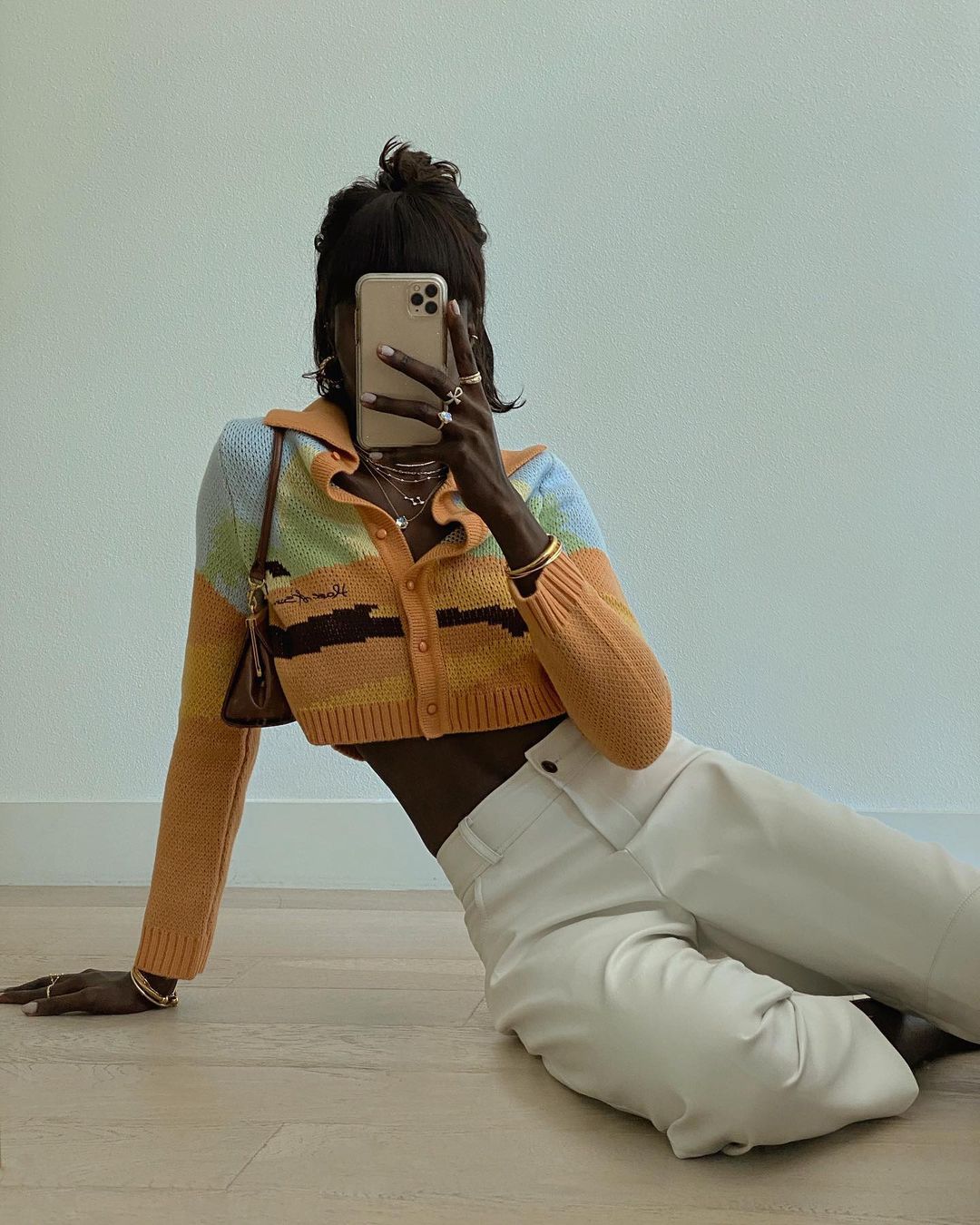
April 20, 2021 at 05:22AM

I recently discovered this British bag brand on Instagram, and I can’t stop thinking about how chic it is. The bags are all created from “remnant, deadstock or vintage fabrics” and are a take on traditional Japanese Furoshiki bags mixed with the scrunchie. They’re the kind of bags that are ideal for nights out, weddings, special occasions and when you’re just feeling fancy.


The name Aardes is from the Dutch word for “earth,” which is handy considering the whole ethos behind the brand is to think about how fashion impacts human life and the environment. The block-printed pieces come in small batches and will only be re-created dependent on demand. This way, the brand can keep the level of waste down, which is another massive plus in terms of sustainability.
ADVERTISEMENT
ADVERTISEMENTKate Spade Autumn/Winter Sale |


This is a new brand I’ve recently come across and I love how simple it is. From elegant linen dresses to flowy trousers, these are the kind of outfits I’m looking at this brand to help me feel like I’m on holiday, even when I’m not.


This brand does more than denim but I really need to tell you about their offering in this area. It’s just so cool. From patchwork dungarees to oversized jackets, I want everything from this brand when it comes to the blue material.


Patagonia has been a long-time favourite of hikers and climbers but it’s started to become popular among the fashion crowd. Since the mid-1980s, the brand has pledged 1% of its sales to the “preservation and restoration of the natural environment”. You can also read about their footprint here.


I stumbled across Jess Meany’s quilted jackets earlier last year and I haven’t been able to stop thinking about them. One-of-a-kind and all super gorgeous.
ADVERTISEMENT
ADVERTISEMENTSports Direct Free Delivery on All Orders! |


If you’re concerned about the impact that denim has on the environment, then it’s worth checking out Boyish. They source eco-friendly fabrics to reduce waste and also use natural plant-based dyes, to ensure a non-toxic process.


Stella McCartney’s eponymous label has been going since 2001. She has an eye for sharp tailoring and quality pieces that often transcend seasons. She’s famously vegetarian and doesn’t use leather in her collections. In terms of sustainability, she uses organic cotton, forest-friendly fibres, recycled polyester and regenerated cashmere.


These vegan sneakers have made waves in the fashion industry this year. It seems like not a day goes by without one of the Who What Wear team spotting someone IRL wearing them. The trainer’s soles are all made from wild Amazonian rubber harvested without the use of deforestation.


Amid the bold prints and luxury holiday dresses, there lies a fantastic sustainable brand. Mara Hoffman is dedicated to making sure her brand is eco-conscious by using Tencel, organic cotton and Japanese cotton. The designer also constantly evaluates the processes and production of her garments and wants to improve and extend each garment’s life. It’s worth having a look on the site to check out the brand’s commitment to sustainability.
ADVERTISEMENT
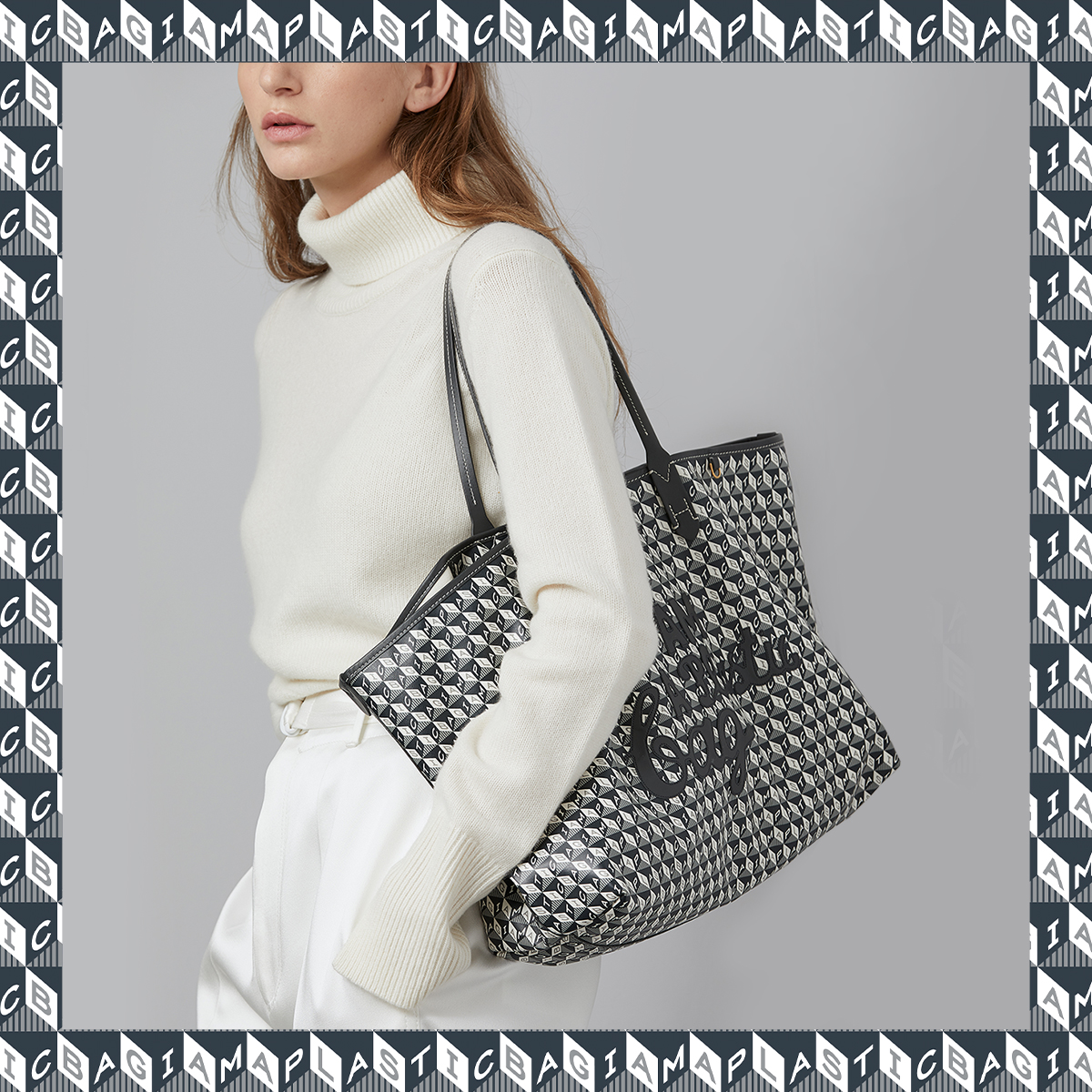
ADVERTISEMENT
Anya Hindmarch - I AM A PLASTIC BAG

Always a hit at London Fashion Week, if you’re into clashing prints, this one’s for you. The UK-based brand often uses organic fibres such as organic wool and cotton as well as Tencel for its collections.


Although this brand is designed and manufactured in New Zealand, Maggie Marilyn uses organic cotton and wool and recycled polyester. This dress, which the Who What Wear team love, is made from ethically produced silk.


Set up fairly recently, Aligne has already caught the eye of plenty of Who What Wear editors. It offers a great range of minimalist, sustainable pieces. The choose fabrics based on their quality and low environmental impact.


There are so many boxes Ninety Percent ticks when it comes to sustainability. First up, the materials featured in the collections are often organic cotton or Tencel. However, when the brand uses a material that isn’t as sustainable, it always researches new ways to produce it next time around. Next up, Ninety Percent makes sure garments are produced in quality facilities. Finally, the brand has made a commitment to give “90% of our distributed profits between charitable causes and those who make our collection happen.” As for the fashion? This brand makes excellent quality basics. Need we say more?


Other than the fact these bags will look chic with any outfit, Kairi is a sustainable brand that uses vegetable leather made natural chrome-free eco dyes. In addition, all the bags are handcrafted, designed and produced in London.


Sneakers that are sustainable and look great? Check out London-based Good News.


UK-based House of Sunny is a sustainable brand that makes cool classics with a twist, such as white trousers or cotton dresses. And if you’re wondering about its fashion credentials, it’s even stocked by Lisa Says Gah—every fashion insider’s go-to for new labels you need to know.
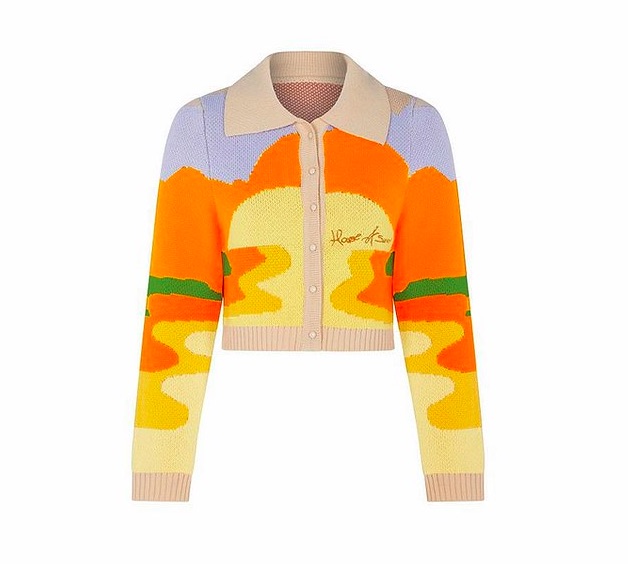

Designed and made in London using 100% organic cotton, this dress, in particular, is one of our favourites from Alice Early. But this isn’t the only garment that’s sustainable—the whole brand is dedicated to reducing its impact on the environment.

One of the first major sustainable brands to hit the mainstream was Reformation. The label is dedicated to reducing waste, water and energy footprints, as well as making incredibly cute dresses. Created in Los Angeles, this brand even lets you meet the people who make your clothes the first Friday of every month at its factory.


While Gabriela Hearst is definitely one of the more expensive brands on this list, it’s important to recognise that just because something is sustainable doesn’t mean it can’t be luxury. The brand is dedicated to reducing its usage of plastic and is now working with a startup company TIPA to ensure that its garments aren’t wrapped in plastic. It will be the first company to have all of its plastic packaging using TIPA’s plastic solutions, which are biodegradable.


Since 1991, People Tree has been one of the leading brands for sustainable and fair-trade fashion. Every product is made to the highest environmental and ethical standards. This is the place to find affordable pieces you’ll wear every day.
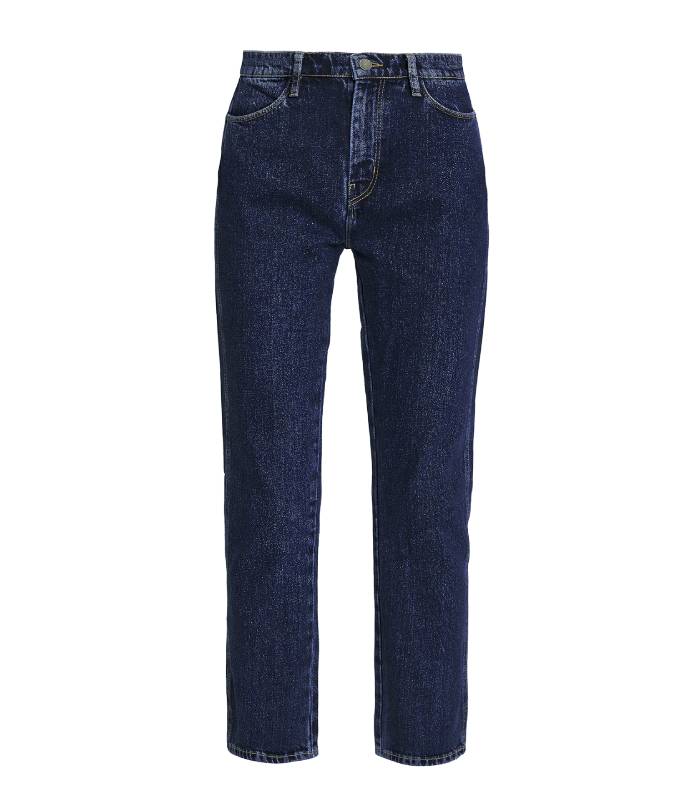
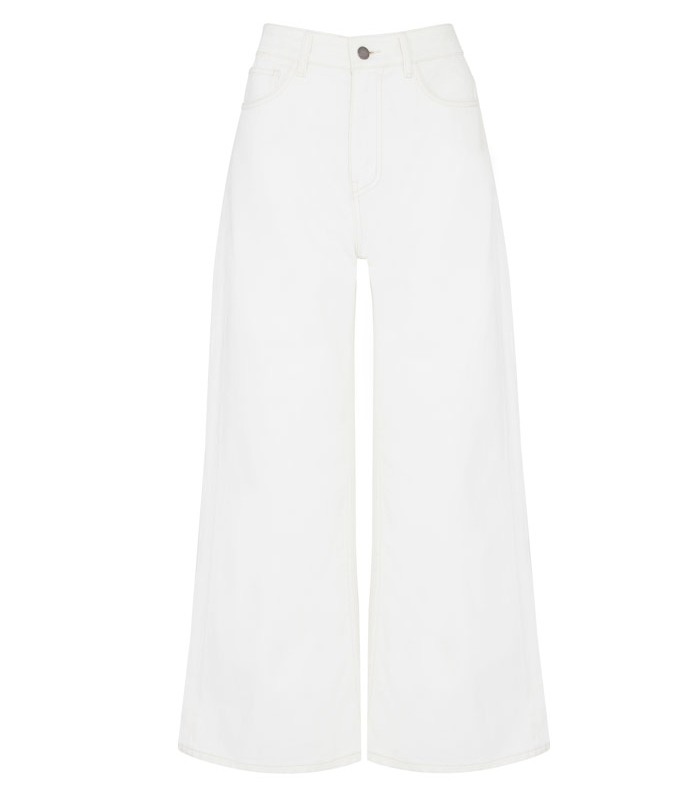
It’s probably surprising to see such a huge brand on this list (arguably the biggest and most well known), but Gucci has been doing a lot of work behind the scenes. First came the ban on using PVC in 2015 and, recently, the brand revealed it’s now carbon neutral. Tangibly, this means that the brand is offsetting all its greenhouse gas emissions produced during the supply chain. The Italian house now uses recycled plastics, recycled metals for jewellery, upcylces material scraps, and has been increasing its use of organic materials such as silk and cotton. You can read more about Gucci’s sustainable practices here.
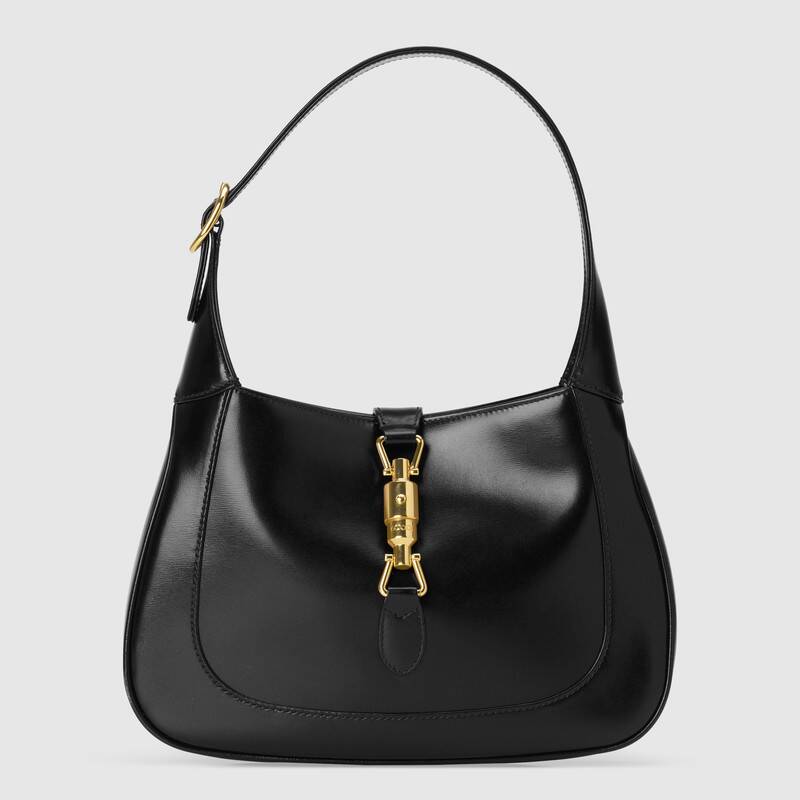
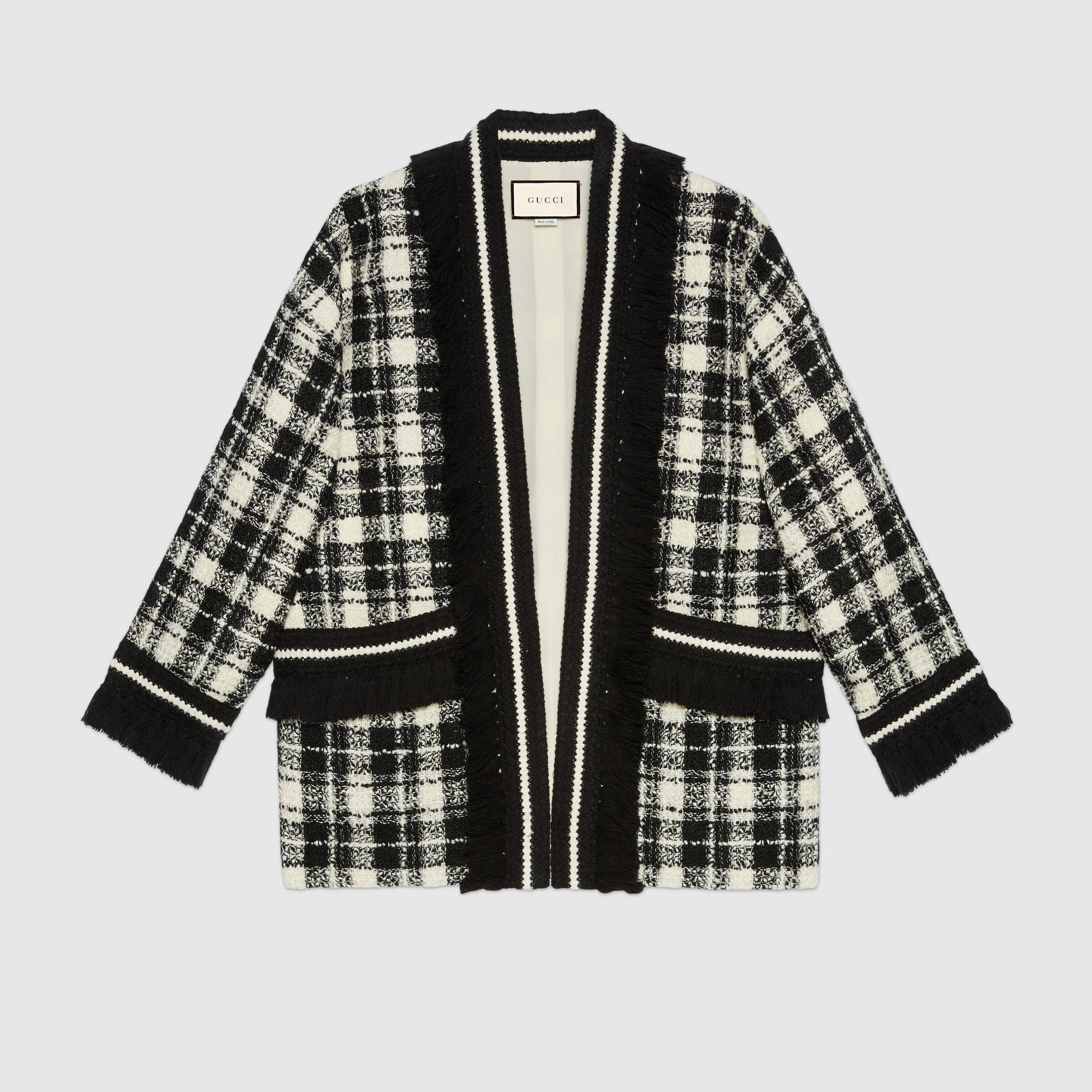
Sheep Inc says it’s the only brand that “sees it as their responsibility to restore the environment rather than just offset their carbon footprint.” That’s quite the claim from the knitwear company, but its dedication to improving the environment should be commended. Sheep Inc removes carbon from the atmosphere by taking 10 times more carbon out of the atmosphere for every sweater they create through investment in biodiversity projects. You can even track each sweater’s journey from the New Zealand farm to your doorstep. Time stamps, locations and a true account of the carbon footprint are provided. All sounds brilliant, right? The only problem? They don’t launch until October.
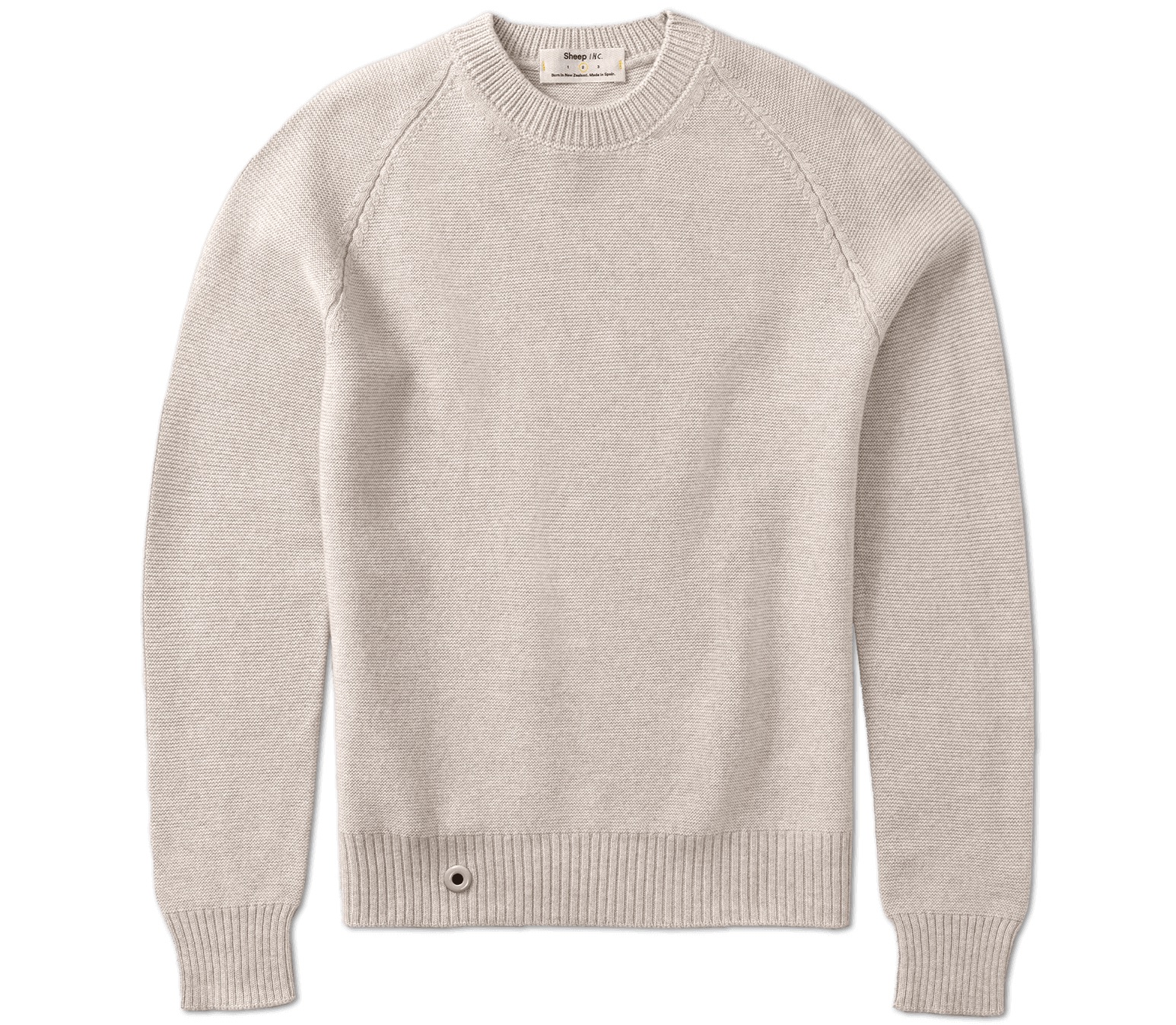
Love Chanel jewellery? Then you want to head to Susan Caplan. The London-based brand is stocked in Liberty and John Lewis as well as its own store online and stocks the coolest vintage jewellery. What makes it sustainable is that it’s secondhand and vintage, so you know that everything you’re wearing is being recycled. If you follow the brand on Instagram, you’ll know that it’s a massive supporter of ethical and sustainable fashion, so you’ll even get great ideas on where to shop for sustainable pieces.


Scandi brand Sand Copenhagen uses post-industrial recycled polyester from plastic water bottles. The process begins with recovering the plastic bottles in Italy and then completely producing the yarn and the fabrics in Italy also making the garments completely recycled.


Author Elinor Block | Whowhatwear
Selected by CWC
ADVERTISEMENT
ADVERTISEMENTUp to 30% off Gift Sets |







